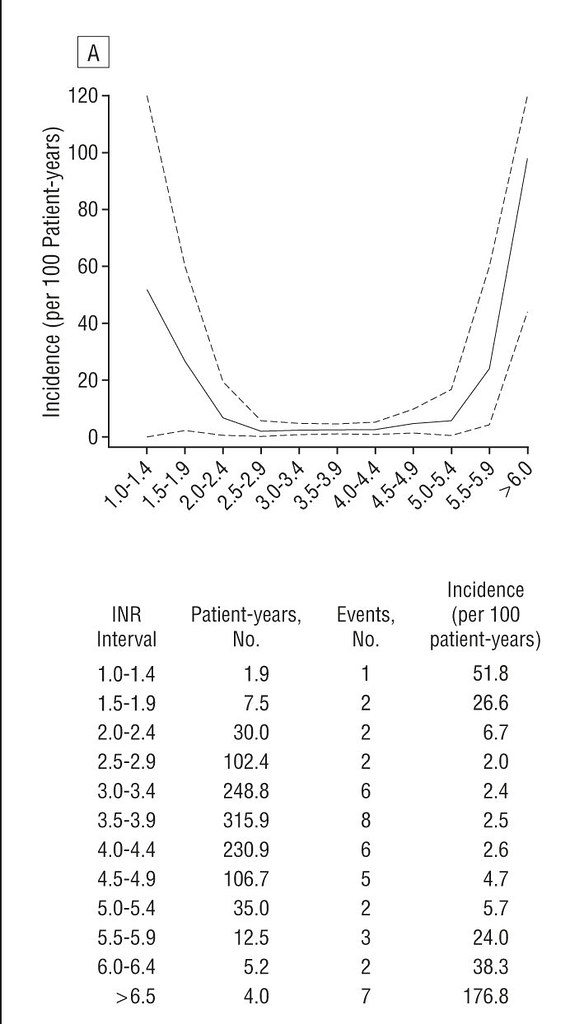CatDad82
Member
- Joined
- Jun 30, 2019
- Messages
- 13
Hi...I’m about 4 weeks post-op and I’m feeling pretty good. I’m blessed that I haven’t had any complications and my INR has been pretty stable. They installed an On-X valve and a Dacron graft when I had my OHS.
I’m going on vacation at the end of August. I was wondering how long it was after surgery before you had your first drink? I have been dry so far, so my vacation would be about 7 weeks out for a beer. When I asked my cardio, she said no more than 2 in a day, but that honestly...What happens if I have like 4 beers while me and my friends are hanging out? Does anyone know if it’s going to cause me to have a stroke or something?
Thanks and cheers!
I’m going on vacation at the end of August. I was wondering how long it was after surgery before you had your first drink? I have been dry so far, so my vacation would be about 7 weeks out for a beer. When I asked my cardio, she said no more than 2 in a day, but that honestly...What happens if I have like 4 beers while me and my friends are hanging out? Does anyone know if it’s going to cause me to have a stroke or something?
Thanks and cheers!

























